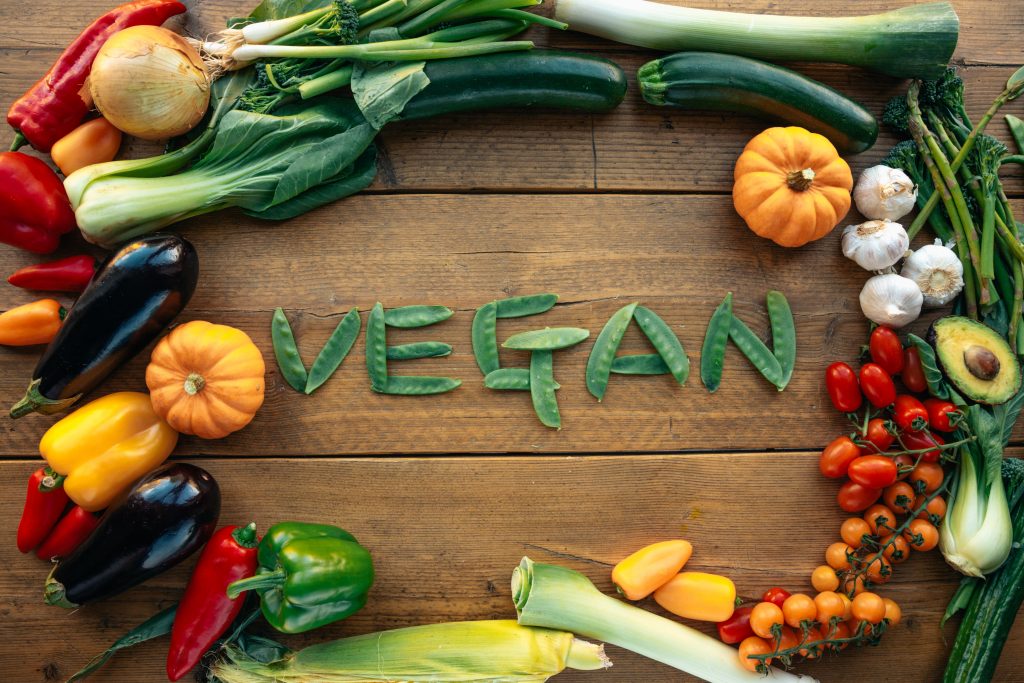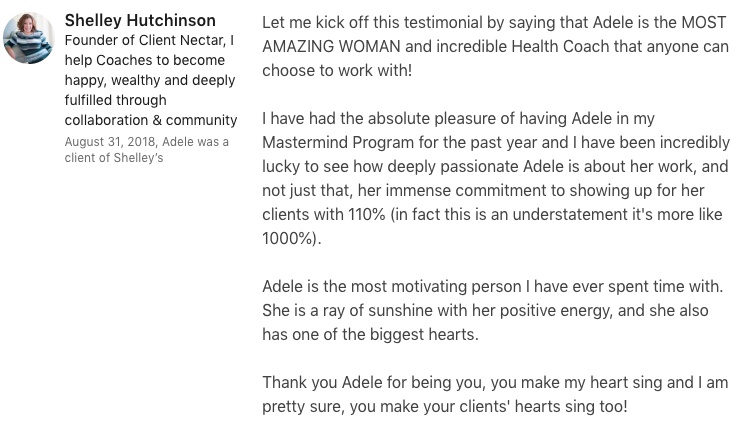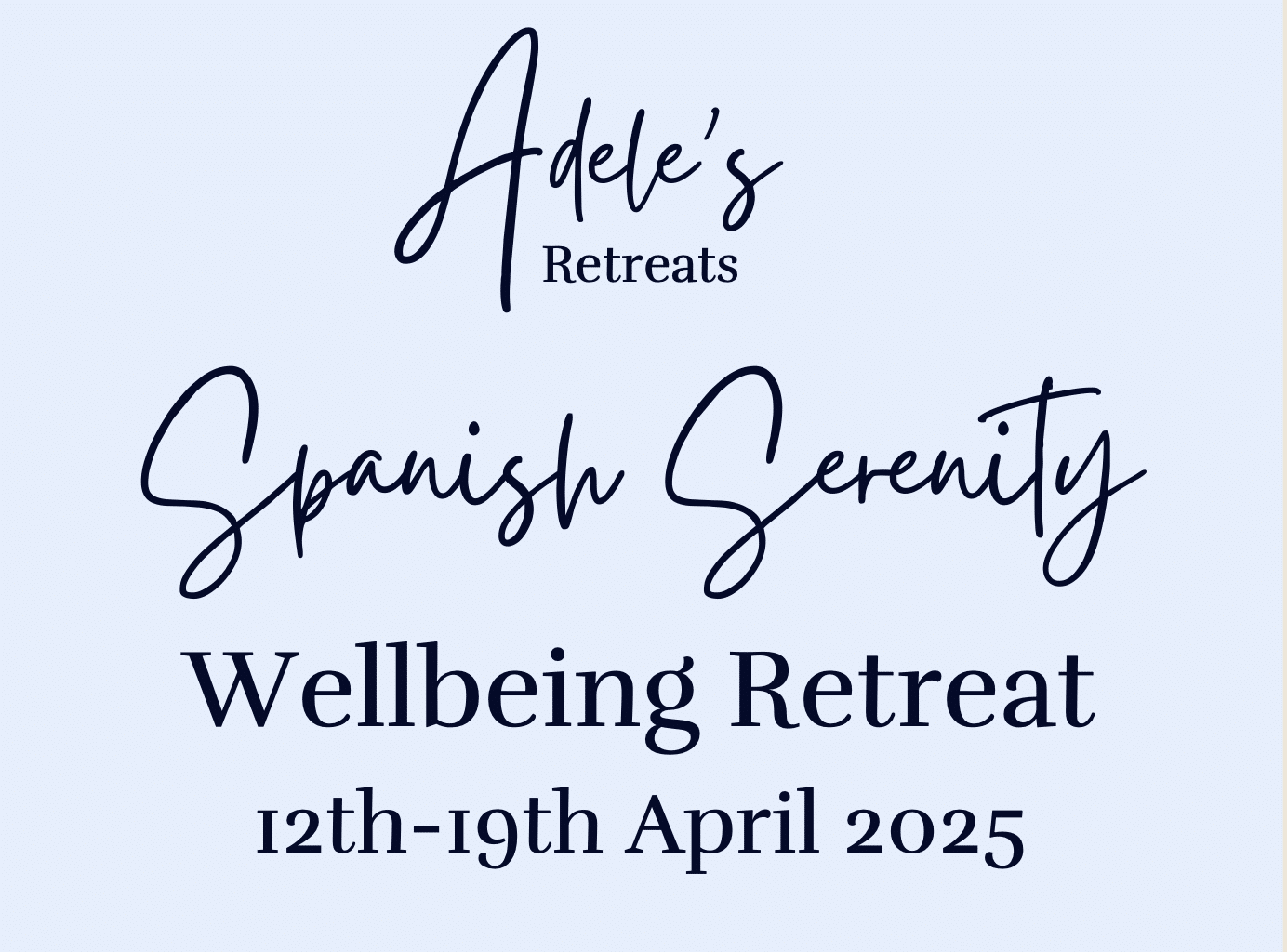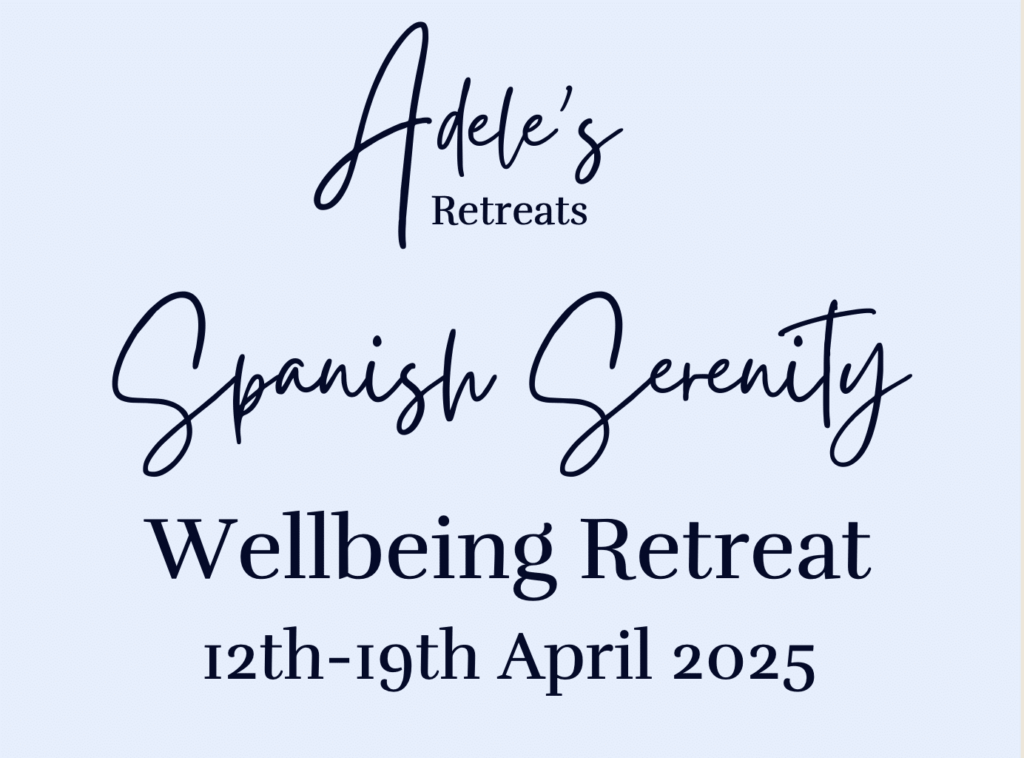Adding more vegetarian sources to your diet is a great idea. Not only is cutting back on animal protein but also detox and adding in more healthy vegetables. Both of which are great idea for healthier living. This blog has ten great vegetarian protein sources and all you need to know. A vegetarian or vegan diet is very ‘on trend’, with good reason. It is believed that avoiding meat is healthier and better for the environment plus an increased awareness of animal rights makes a vegetarian and vegan option more appealing. The tricky part is adding in more protein that comes from a vegetarian source, which is why I wrote this blog to find out all you need to know about adding in Ten great vegetarian protein sources.
Whatever your commendable reasons for adding more vegetables to your diet or even becoming vegetarian or vegan there are a few nutritional observations that you need to be aware of for instance whilst a vegetarian plant-based diet can provide higher amounts of certain vitamins, minerals, antioxidants, essential fatty acids and phytonutrients (nutrients found only in plants). There are drawbacks and common nutrients missing from a vegetarian/vegan diet.
Following a vegetarian diet is not as simple as taking meat out of your diet and replace it with ‘non-meat processed junk food. Adding ‘non-meat processed food in and meat out means that vegetarian diets will mean you are actually eating more processed foods. Vegetarian diets can often be built around increased amounts of processed cereals, grains and refined foods which are often lower in amino acids or have had important nutrients processed out. This is why I have written this blog to outline exactly which proteins – sourced from vegetables – you need to add into your diet and how to do it easily.
Interestingly most vegetarians are simply not eating enough Veg!
What is missing from a vegetarian diet?
Nutritionists are aware that there are 5 common nutrients that are either low or missing from a plant-based diet.
These include:
-
-
- Vitamin B12 is important for brain function and blood flow and is only found in animal foods and therefore adding a supplement is essential. Lack of B12 can include symptoms like fatigue, memory loss, disorientation and rapid heartbeat.
- Zinc is important for your gorgeous body’s immune system and symptoms of zinc deficiency can include slow wound healing and hair loss
- Calcium is found in green leafy vegetables, legumes and nuts but its absorption may be hindered in a plant-based diet, again add a supplement.
- Omega 3 fats are needed to prevent chronic inflammatory disease and help with weight loss and they are generally low in non-meat eaters.
- Add hemp, flax, walnuts and seaweed to your diet.
- Vitamin D is important for your bone health and your immune system. Vitamin D is found in very little foods and therefore sunlight on the skin is the best source
- Adding shiitake mushrooms, or soy milk or even a Vitamin D supplement is a good idea. Don’t miss my blog on how to eat more Omega 3 food: Find out if you are eating enough Omega 3 rich foods?
-
Why is protein essential for vegetarians?
Protein is one of the most crucial nutrients to the human body and protein will go a long way in improving varying aspects of your health: it will strength of your body, hair, skin, and nails
Protein is also essential for healthy neurotransmitter function, along with your overall energy levels.
Animal products such as meat, poultry, eggs, fish, milk and cheese provide the most amount of protein while plant proteins rank lower.
An egg for instance has all 9 essential amino acids in each egg – not in great quantities admittedly, but all 9 essential amino acids are in one egg! Animal products also have all 9 amino acids in them. The issue is with vegetables – they have one or two of your 9 essential amino acids – so vegetarians and vegans need to food combine in order to obtain all the right nutrients
The essential 9 amino acids – that need to be eaten every day
They are essential because your body can’t synthesise them – you need to consume them. Every day
I talk a lot about this in my internationally best-selling book, Gorgeous! If you want to make nutritional changes but feel overwhelmed and confused by conflicting information and you’re left bewildered where to start then pick up a copy of Gorgeous!
What are a Vegetarians recommended protein amount?
If you would like to be techy the recommended minimum protein intake for a sedentary healthy adult is 0.8gram of protein per kg. However for optimal health and to improve your immune function, metabolism, to feel satisfied and to help with your weight and exercise performance this should be 1gram of protein per pound of bodyweight.
For instance:
-
- If you weighed 9 stone (57kg) or 126lbs and you would require 126 grams of protein
- If you weighed 10 stone (63kg) or 140lbs and you would require 140 grams of protein
This level of protein would increase as your exercise more and the level of exercise intensity increases.
Which vegetables carry the most protein?
The question is which plants carry the most amount of protein for you to obtain your recommended daily amount?
To make it simple:
- a lower percentage of protein in food would be <12%
- an optimal amount of protein in food would be >20%
Vegetarian and vegan diets looking to eat food with a higher protein content need to aim for food that is over 20% protein, to the optimum amount of protein in your diet. I have put together a video and outlined which vegetables have which essential amino acids below.
Prefer Video? Watch which veg has the best protein source?
Which food has the most protein?
Vegetables
- Broccoli 27%
- Spinach 39%
- Cucumber 14%
- Celery 17%
- Squash 24%
- Asparagus 34%
Grains
- Quinoa 14%
- Oats 17%
- Sprouted grain bread 20%
Nuts and Seeds
- Almonds 14%
- Walnuts 14%
- Flaxseeds 17%
- Hemp seeds 27%
- Peanut butter 15%
- Pumpkin Seeds 23%
Legumes
- Lentils 30%
- Tofu 40%
- Kidney beans 25%
- Edamame 30%
- Hummus 18%
- Peas 26%
Soy – Soy foods are a good source of protein and provide excellent health benefits, but no more than two servings of soy a day is preferable. Eating a large amount of soy-based foods can compromise thyroid function especially when iodine intake is inadequate.
Increase your protein intake is good,
varying it to add ALL 9 Amino Acids is essential
It is easier to gain all your 9 amino acids from animal products than you can obtain from many plant foods and vegetables, but it is possible if you food combine.
Some plant foods like quinoa, soy, and chia seeds do contain all 9 essential amino acids and the good news is that each food has a unique proportion of amino acids. So if you vary your intake of vegetables you will obtain the correct overall amount of amino acids in your diet.
A vegetarian/vegan diet needs planning and requires eating a diversity of plants including vegetables, legumes, nuts and seeds.
What are the essential amino acids?
Your body has the ability to make 12 amino acids known as non-essential amino acids, however, 9 amino acids can only be supplied by your diet and are therefore essential. In addition, some of these amino acids that you consume are lost each day, so they must be replaced and eaten daily.
Essential amino acids are amino acids that are the building blocks of protein that our body can’t produce by itself. In other words, if you don’t eat them, you won’t get enough of them.
The 4 essential amino acids missing from most plant foods are lysine, tryptophan, methionine, and phenylalanine.
Here are a few vegetables and fruits with their protein grams & the amino acid they contain:
- Brussel sprouts: 1 cup, 6 gm, low in leucine, lysine, methionine, phenylalanine
- Spinach: 1 cup chopped, 6 gm, low in methionine
- Broccoli: 1 cup spears, 6 gm, low in methionine
- Potato: 1 med with skin, 4 gm, all amino acids in the proper ratio
- Asparagus: ½ cup, 2 gm, all amino acids in the proper ratio
- Apricots: dried ½ cup, 3 gm, low in methionine
- Peaches: dried ½ cup, 3 gm, low in tryptophan and lysine
A vegetarian easy rule is to food combine: GRAIN with LEGUME
- Grains and cereals (wheat and rice) are low in lysine and loads of tryptophan
- Legumes have limited tryptophan and yet adequate lysine
What vegetables will you find your amino acids in?
1. Leucine
Leucine is needed for muscle strength and growth and also referred to as a BCAA (brand-chain amino acid). Leucine helps regulate your blood sugar by moderating insulin into the body during and after exercise and can even help prevent and treat depression by the way it acts on neurotransmitters in the brain.
Good plant-based sources include:
-
- seaweed, pumpkin, peas and pea protein, whole grain rice, sesame seeds, watercress, turnip greens, soy, sunflower seeds, kidney beans, figs, avocados, raisins, dates, apples, blueberries, olives, and bananas.
2. Isoleucine
Isoleucine is another BCAA that specifically helps your gorgeous body produce energy and haemoglobin.
Plant-based sources include:
-
- rye, soy, cashews, almonds, oats, lentils, beans, brown rice, cabbage, hemp seeds, chia seeds, spinach, pumpkin, pumpkin seeds, sunflower seeds, sesame seeds, cranberries, quinoa, blueberries, apples, and kiwis.
3. Lysine
Lysine is responsible for the production of carnitine (a nutrient responsible for converting fatty acids into fuel to lower cholesterol). It also helps the body absorb calcium for even further bone strength and collagen production. Deficiency can lead to nausea, depression, fatigue, muscle depletion and even osteoporosis.
Plant-based sources of lysine include:
-
- beans, watercress, hemp seeds, chia seeds, spirulina, parsley, avocados, soy protein, almonds, cashews, lentils and chickpeas
4. Methionine
Methionine helps with the formation of creatine, needed for optimal cellular energy.
AND form cartilage in the body through the production of sulfur which essential to the production of bone cartilage. Deficiency may lead to arthritis, damaged tissue, and poor healing.
Plant-based sources of sulfur include:
-
- sunflower seeds, hemp seeds, chia seeds, Brazil nuts, oats, seaweed, wheat, figs, whole grain rice, beans, legumes, onions, cacao, and raisins.
5. Phenylalanine:
Phenylalanine is important in the body because it turns into tyrosine once ingested, which is another amino acid that’s needed to make proteins, brain chemicals, and thyroid hormones. Not obtaining enough of this amino acid can result in brain fog, lack of energy, depression, lack of appetite, or memory problems.
Good sources include:
-
- spirulina and other seaweed, pumpkin, beans, rice, avocado, almonds, peanuts, quinoa, figs, raisins, leafy greens, most berries, olives, and seeds.
- 6. Threonine:
Threonine supports a healthy immune system, heart, liver, and central nervous system health. It also helps maintain a balance of proteins within the body to assist in overall repair, energy, and growth. This amino acid also helps the body’s connective tissues and joints in good health by producing glycine and serine in the body, two essential amino acids needed for healthy bones, skin, hair, and nails. In the liver, it helps with fatty acid digestion to prevent fatty acid build-up and liver failure.
The highest sources of this amino acid are:
-
- watercress and spirulina (which even exceed meat), pumpkin, leafy greens, hemp seeds, chia seeds, soybeans, sesame seeds, sunflower seeds and sunflower butter, almonds, avocados, figs, raisins, quinoa, and wheat. Sprouted grains are also excellent sources of this amino acid as well.
7. Tryptophan
Tryptophan is vital to a healthy nervous system and helps make you feel sleepy and relaxed. It is a requirement for your brain health, sleep, muscle growth and repair, and overall neurotransmitter function.
It is animal-based foods like turkey, milk, and cheese. Tryptophan also converts to serotonin once in the brain, which creates a happy feeling tied to lower levels of stress and depression.
Plant-based sources that include high amounts of tryptophan include:
-
- oats and oat bran, seaweed, hemp seeds, chia seeds, spinach, watercress, soybeans, pumpkin, sweet potatoes, parsley, beans, beets, asparagus, mushrooms, all lettuces, leafy greens, beans, avocado, figs, winter squash, celery, peppers, carrots, chickpeas, onions, apples, oranges, bananas, quinoa, lentils, and peas.
8. Valine
Valine is needed for optimal muscle growth and repair. It’s also responsible for endurance and the overall maintenance of good muscle health.
High sources of valine include:
-
- beans, spinach, legumes, broccoli, sesame seeds, hemp seeds, chia seeds, soy, peanuts, whole grains, figs, avocado, apples, sprouted grains and seeds, blueberries, cranberries, oranges, and apricots.
9. Histidine
This amino acid helps transport neurotransmitters (chemical messengers) to the brain and also helps overall muscle health within each muscle cells. It even helps detoxify the body by producing red and white blood cells needed for overall health and immunity.
Good plant-based sources of histidine include:
-
- rice, wheat, rye, seaweed, beans, legumes, cantaloupe, hemp seeds, chia seeds, buckwheat, potatoes, cauliflower and corn.
If you are interested in finding out about your protein intake from your veg use this vegan protein calculator Vegan Protein calculator from veg
Reset your mind and detox your body
If you’re typical of most busy successful women I work with you’re probably doing some of the activities in the book for your health. It may be that you’re doing most of the activities. But if you’re not feeling great, full of vitality, and hitting your weight goals then you’ve probably got a few glaring gaps.. and these are typically around your daily and weekly habits. And if you don’t take action to change those cumulative bad habits and add in a few great ones .. you’ll still be in exactly the same situation this time next year.
So with that in mind, I’d like to invite you to work with me inside my membership community in the 6 Week: The Gentle Reset.
It’s only open to 10 new enrolments and I’d love you to be a part of it
Working with me inside the membership and I’ll help you identify the bad habits that are accruing, then give you the resources you need to add in some great habits eg. video tutorials, cheat sheets, exercise videos, group coaching, and the all-important buddy-up motivation.
And you get the opportunity to pick my brain and get personal feedback on your nutrition every single week in our group coaching session.
What sort of results can you expect?
University lecturer and business owner Rachel explains “I am starving, therefore, I must be losing weight, but the scales were going the opposite way – I was confused…” Rachel is a busy professional, hardworking and successful who lives life at “100 miles an hour”. She fits a lot into her day and she was looking for some help with her health that could be “easily absorbed into her day” She noticed she was getting a lot of colds, feeling lethargic, she knew it was because she wasn’t putting the right nutrition in her body. You can hear Rachel talking about how she changed her life click here
I’d love for you to be part of the group so that you can create the healthy transformation you have always wanted, to have more energy, more time and travel the world with a body and lifestyle that allows you to enjoy that.

Start your journey and begin your transformation change, using nutrition, mindful exercise and personal coaching and become the best version of you click here to find out more about The Gentle Reset
Find out what other clients have to say…
Shelley Hutchinson
Client Nectar
Get Gorgeous
31st August 2018






















5 responses to “Find out more about Ten great vegetarian protein sources”
[…] miss my blog : How to add more vegetarian protein to your Healthy […]
[…] Vegetarians need to be a little more creative and put together two different types of protein to make a complete protein for instance — peanut butter on whole-wheat bread, or brown rice and kidney beans. Find out how to add more protein to a vegetarian diet […]
[…] Don’t miss: How to add vegetarian protein to your diet […]
[…] How to add protein to a vegetarian diet […]
[…] foods that combine to create a complete protein in a slightly different way. I have written a blog and produced a video outlining how to create this. Vegans and vegetarians need to combine protein and carbs to make up the essential amino acids. The […]